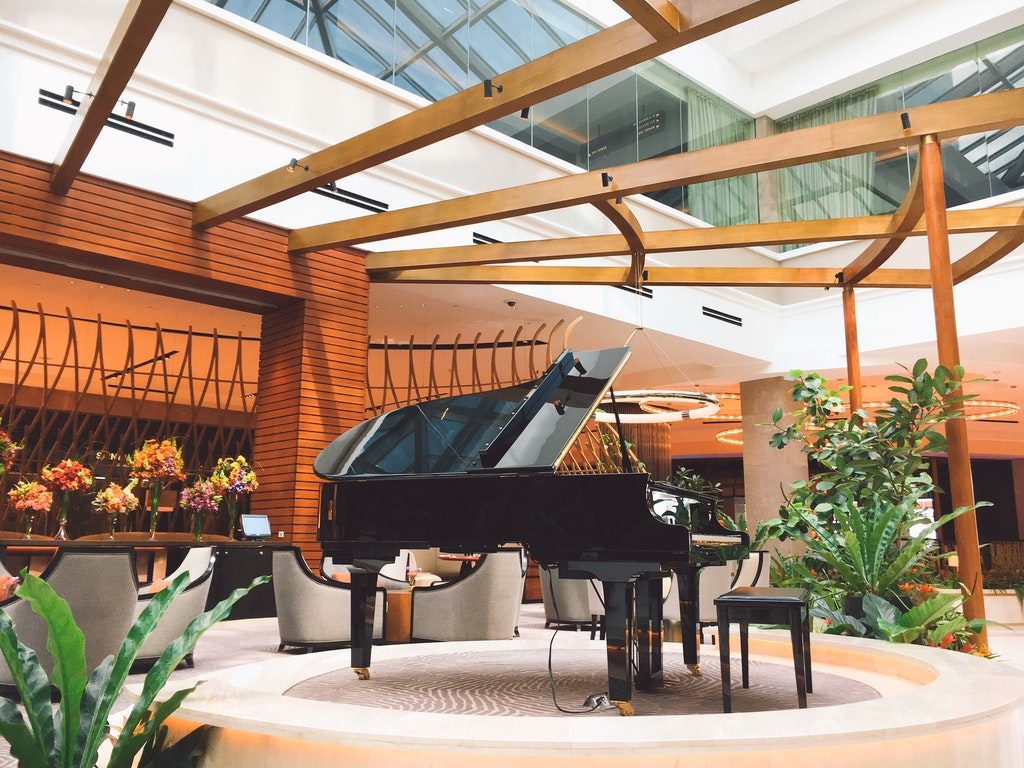When it’s time to move your grand piano into storage, there are a few important tips you must keep in mind that will help to keep your piano safe and free of damage while it sits in storage for the long term.
Storage Size Matters
Pianos are huge. Some are huge but can also be stored vertically against a wall to save space. Others, like a grand piano, are huge both vertically and horizontally. Regardless of which type of piano you need to store, you need to make sure that your storage space can properly hold your piano. Not only does the storage space need to be large enough for your piano, but the doorway into the storage space also needs to be large enough for you to move the piano inside.
Another thing you should keep in mind is whether you’ll be storing other items in the storage space along with the piano. If so, the need for extra space should be taken into account when renting your storage space.
Acquire the Proper Protective Materials
While your piano is in storage, you will want to make sure that it is protected from scratches and dents. The finish on your piano is a major part of its beauty. Once the wooden frame of a piano is damaged, it can be both difficult and expensive to repair or replace. Using the proper protective materials can help to prevent these expensive damages to your piano.
Proper protective materials for a piano include a cover for the top of the piano, foam to wrap around the legs, and tape to keep the foam secured around the piano legs.
Prevent Excess Humidity
Wood can become warped or swollen if it is exposed to excess humidity. Since your piano is mostly made out of wood, this spells disaster for the important parts of your piano should it be exposed to humidity while being stored long-term. A great way to protect your piano against the ravages of humidity is to have a piano professional install a dehumidifier within your piano. This humidifier will gather the excess humidity and remove it from the air so that it doesn’t damage the wooden parts of your piano.
Clean and Polish
Many types of dirt and grime can gather on the outer surfaces of your piano. Oil from fingerprints, dust, dirt, and hair are all things that can cling to your piano. These particulates and layers of grime can dull the shiny finish of your piano as well as eat away at it, leaving the precious wood beneath exposed and vulnerable. To prevent this type of damage, give your piano a thorough cleaning before you place it into long-term storage. After it’s been cleaned and dried, bolster the finish by using a piano-safe polish.
Extra Points
Always dust off the keys and place a protective cover over them before storing your piano away. Remove any wheels or casters from the legs to prevent the piano from accidentally moving while it’s being stored.

